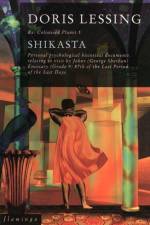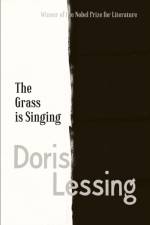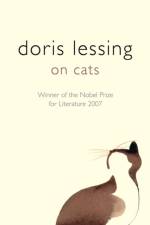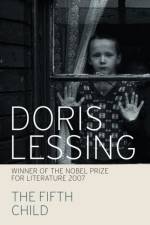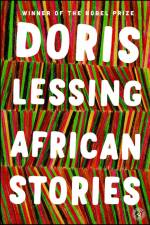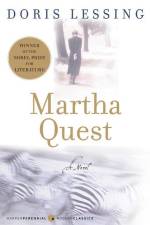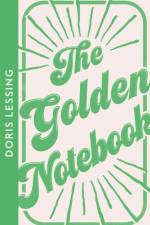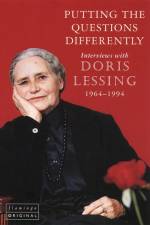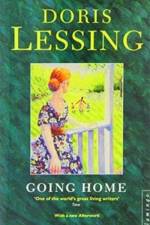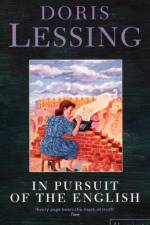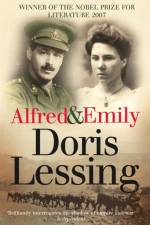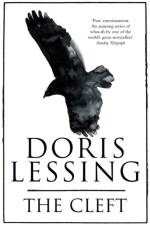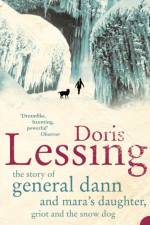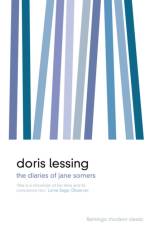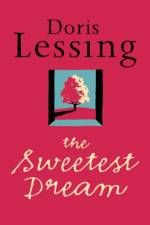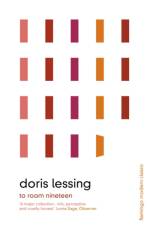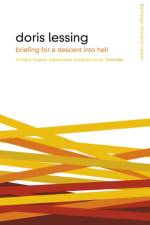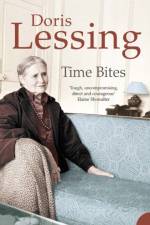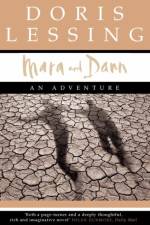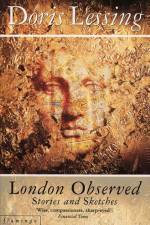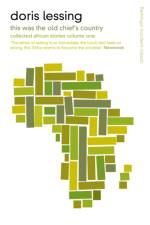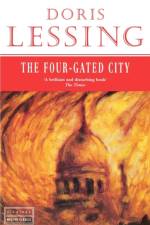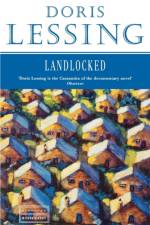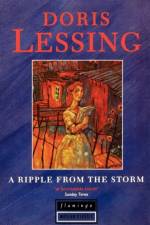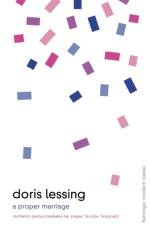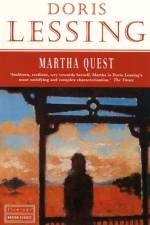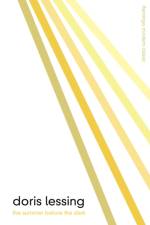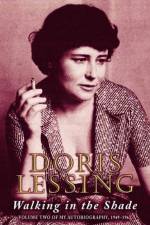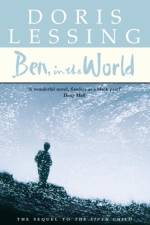av Doris Lessing
171
Doris Lessing, winner of the Nobel Prize for Literature, invites us to imagine a mythical society free from sexual intrigue, free from jealousy, free from petty rivalries: a society free from men.An old Roman senator embarks on what may be his last endeavour: the retelling of the story of human creation. He recounts the history of the Clefts, an ancient community of women living in an Edenic, coastal wilderness, in the valley of an overshadowing mountain. The Clefts have no need, or knowledge, of men - childbirth is controlled through the cycles of the moon, and their children are always female. But with the birth of a strange, new child - a boy - the harmony of their community is thrown into jeopardy.At first, the Clefts are awestruck by this seemingly malformed child, but as more and more of these threateningly unfamiliar males appear, they are rejected, and are exposed on the nearby mountainside, sacrificed to the patrolling eagles overhead. Unbeknownst to the Clefts, however, these baby males survive, aided by the eagles, and thrive on the other side of the mountain. It is not until a curious young Cleft named Maire goes beyond the geographical, and emotional, divide of the mountain that this disquieting fact is uncovered - forcing the Clefts to accept the prospect of a now shared world, and the possible vengeance of the wronged males.In this fascinating and beguiling novel, Lessing confronts head-on the themes that inspired much of her early writing: how men and women, two similar and yet thoroughly distinct creatures, manage to live side by side in the world, and how the specifics of gender affect every aspect of our existence.

